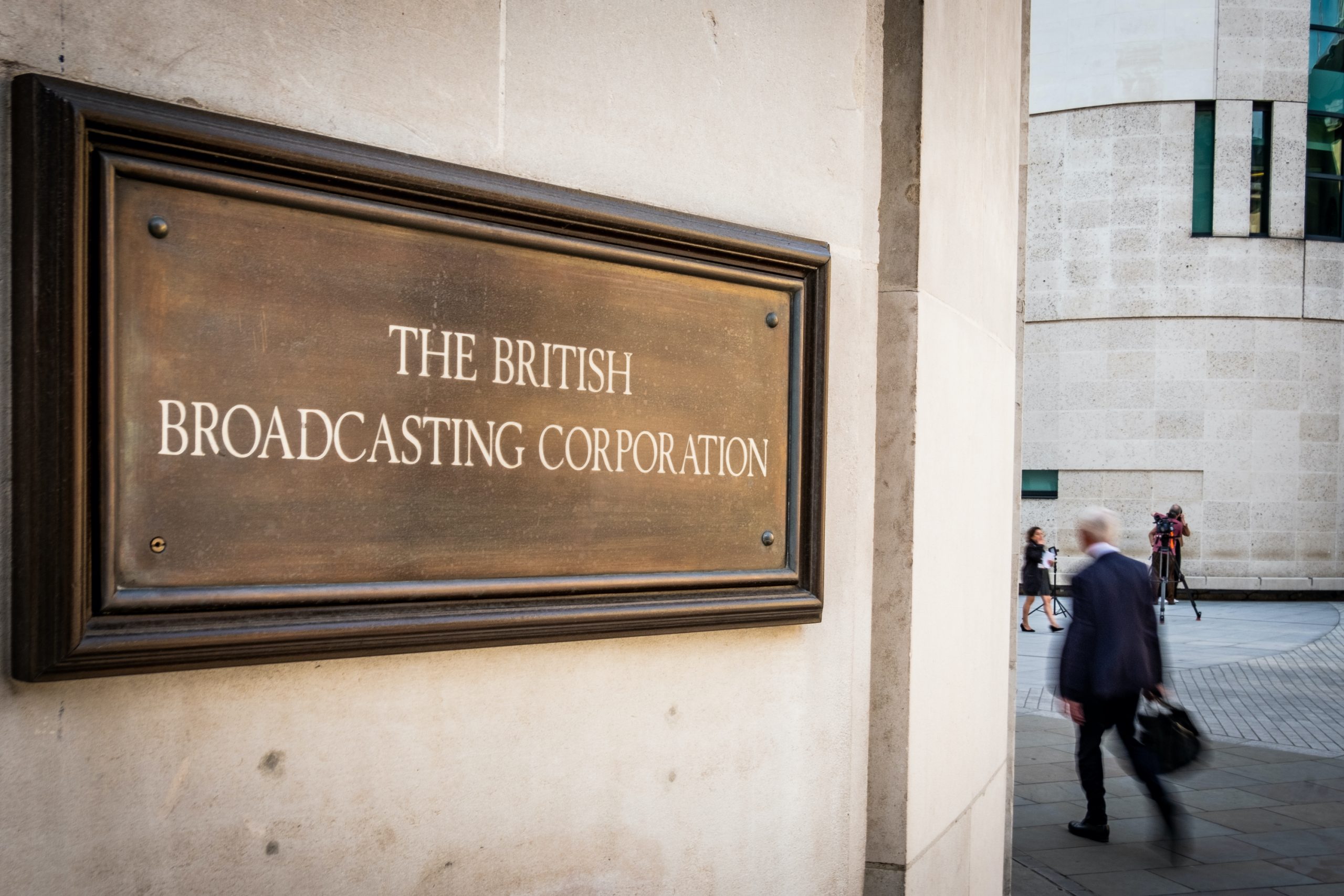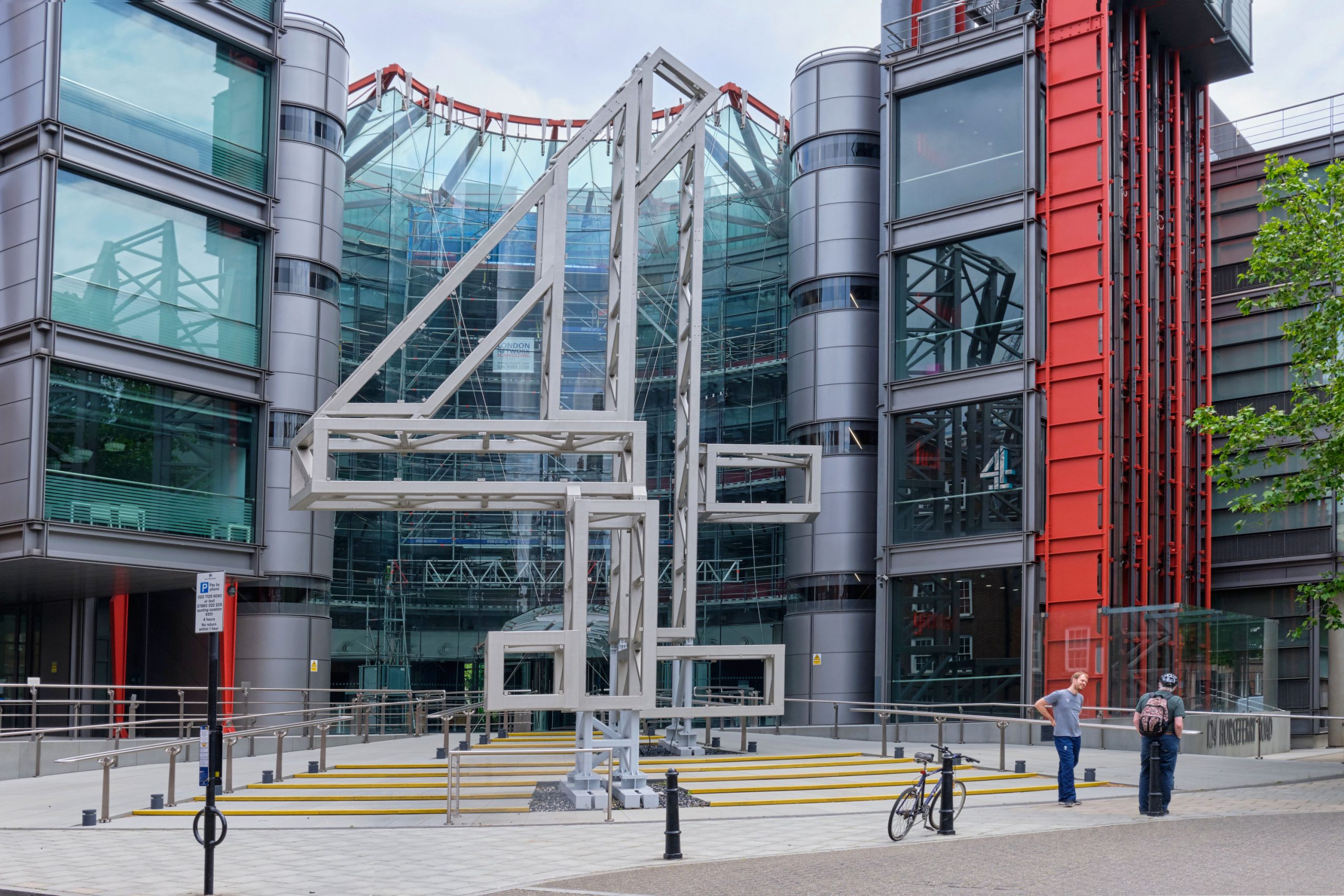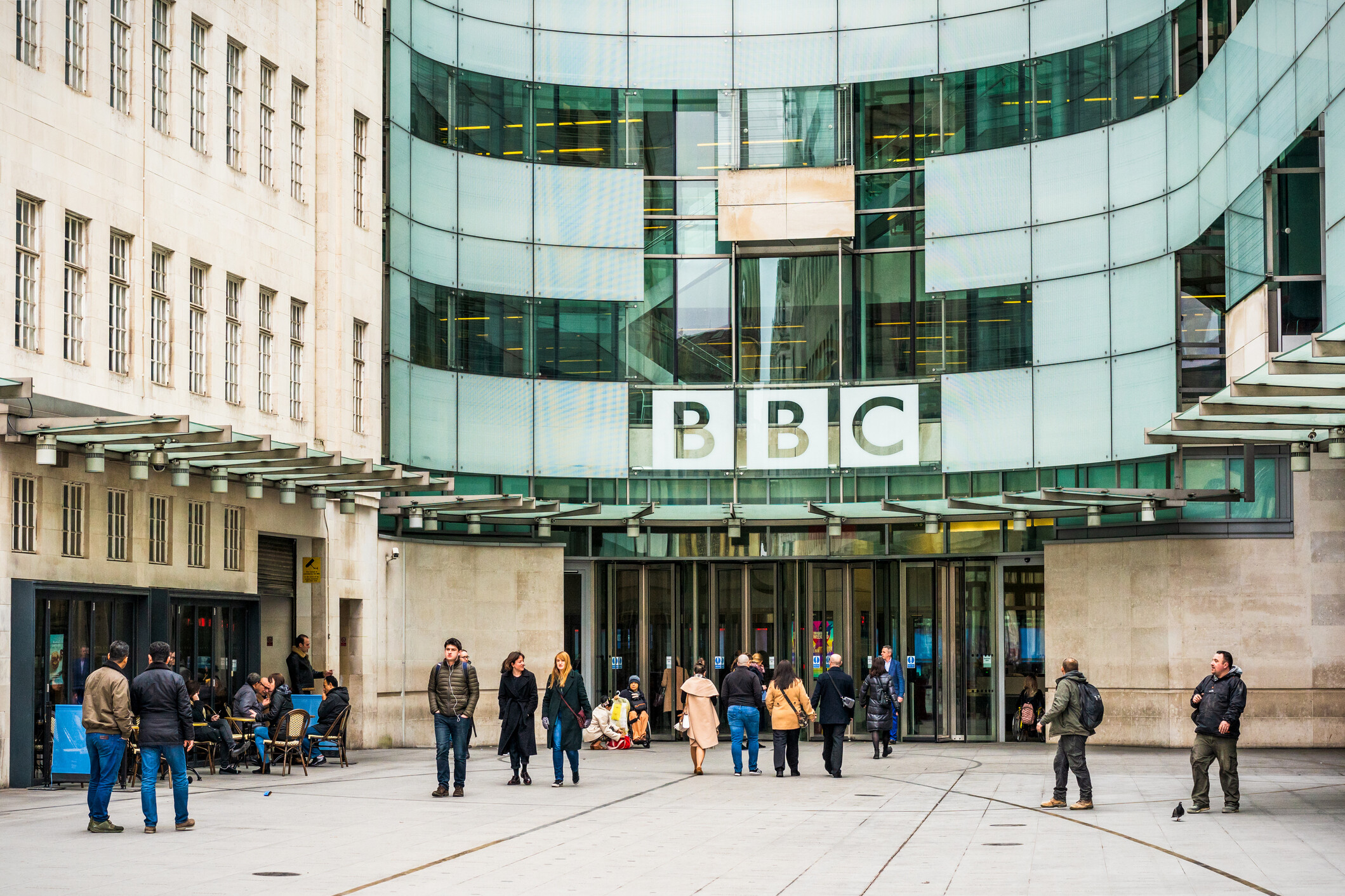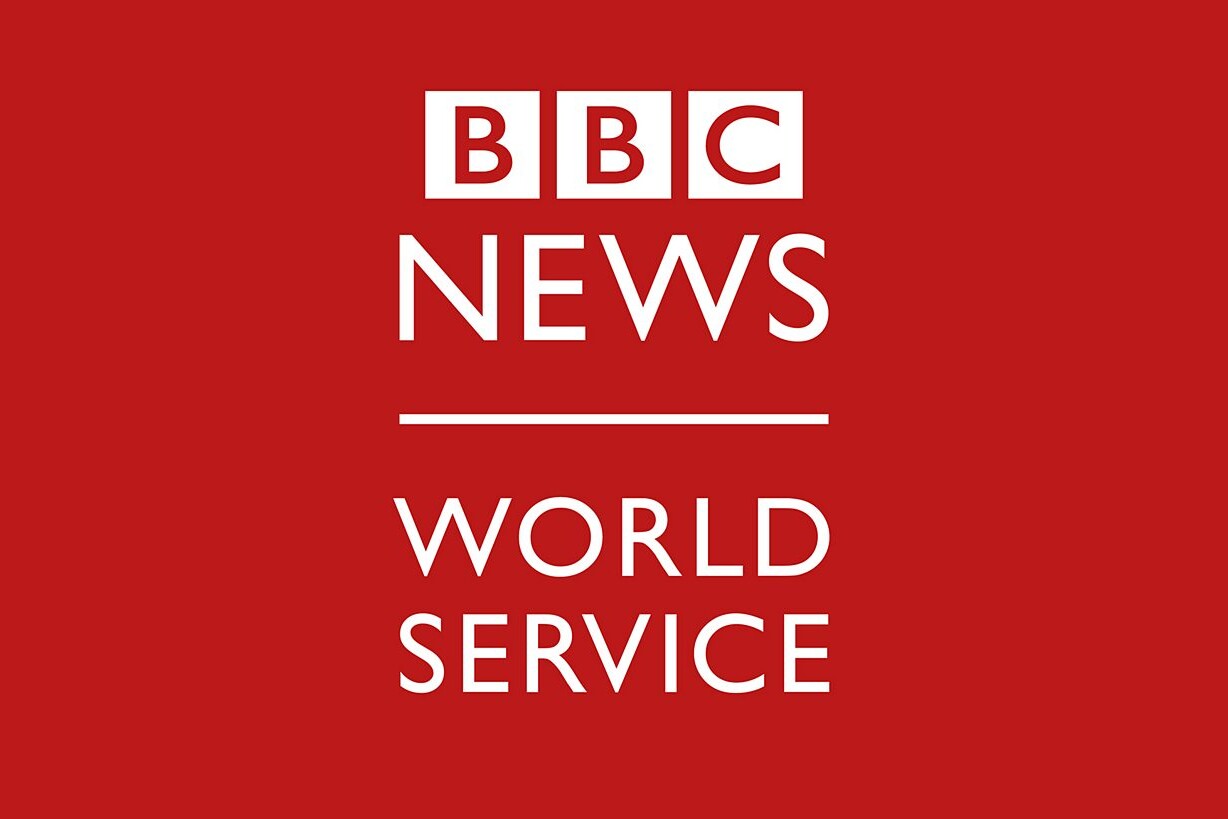BBC & Channel 4: The future of the UK’s public service media
23rd October 2024
While Channel 4’s new 10-year licence has been well received, serious concerns for sustainable and secure funding remain, as do they for the BBC World Service.

IN BRIEF:
- In a speech, the BBC’s Director-General called for the government to pick up funding for the World Service, warning about the threat from Chinese and Russian state media.
- The BBC News Department has also announced a raft of cuts, with more than 150 jobs being axed, as well as the long-running interview programme, Hard Talk.
- Channel 4 has received a new 10-year licence from Ofcom, giving it more freedom to undergo digital transformation.
IN FULL:
The longevity and resilience of the UK’s public service media has been the matter of much discussion, with the BBC and Channel 4 facing some difficult decisions.
In a speech, the BBC’s Director-General, Tim Davie, called for the restoration of the old funding mechanism for the World Service, directly through the government, to ensure it has “sustainable long-term funding”. Just a day after that speech, BBC News’ CEO Deborah Turness sent an email to staff announcing £24 million worth of cuts, which will see 155 job losses. Meanwhile, for Channel 4, its future was given some direction after Ofcom, the independent UK regulator, granted a new 10-year licence, amid declining revenue and diminishing brand recognition.
Read more: The Fight For Truth is on: BBC pulls back the curtain on the fight against disinformation
Collectively, these stories demonstrate the ongoing pressures facing the British public service media sector, the desperate need for sustainable and long-term funding, and the different avenues being pursued to solidify and strengthen the organisations, the content they produce, and audience trust in their brand.
Funding at heart of BBC announcements
Funding is at the heart of the two recent announcements from the BBC, related to the World Service and the news department.
The BBC’s funding has largely remained stagnant for more than a decade, with the licence fee only increasing in six of the sixteen years since 2009. This year, it increased by 6.6 percent, to £169.50. But if the fee had been indexed over the past decade, the BBC would be receiving an extra £1.16 billion today than it currently does.
Due to a two-year freeze from 2022 to 2024, the BBC announced it would have to find £500 million worth of savings, which later rose to £700 million.
It has meant that for the second year running, Turness has had to announce an entire package of changes. In November 2023, the late-night current affairs programme, Newsnight, downsized its team for a reduced timeslot. This year, it is Hard Talk, a long-running interview programme which delivers long-form, in-depth interviews with global figures. The programme is to be cut completely, as is the Asian Network News service. In total, 155 jobs are at risk.
The general secretary of the National Union of Journalists, Michelle Stanistreet, described the latest cuts as “a damaging assault on journalism and news at a time when the UK needs greater plurality and diversity of news and trust in journalism is under attack at home and abroad.”
“Some of these decisions represent comparatively modest savings yet will disproportionately undermine the breadth and range of news content the BBC currently provides.”
Turness, however, said the BBC would remain ” very well resourced compared to our competitors”.
The UK’s previous Conservative government had launched a review into the BBC licence fee, and whether an alternative funding model might be a better way to go. This review is ongoing despite the recent change in government. The current Labour Prime Minister Keir Starmer said in July that while his government was “committed to the licence fee”, there would be more thought between now and 2027, when the next funding arrangement is decided. The BBC meanwhile is undertaking its own review, exploring options to reform the current setup.
Listen toour podcast
Uncovering and exploring the biggest
issues facing public media
BBC seeks alternative funding for World Service
No details about any further cuts to the World Service have been announced. In part, this is because how the World Service is funded is an active conversation between the BBC and the UK’s new government and its Culture Secretary, Lisa Nandy.
Addressing the Future Resilience Forum on 14 October, the Director-General of the BBC, Tim Davie, spoke of the role the BBC World Service plays “in driving democratic influence, stability, and security worldwide.”
During a period of global democratic decline and existential pressures on press freedom, Davie argued the World Service acts as a ballast to support democracy, public service institutions, and press freedom.

“Not only standing up for integrity in news and democratic values, but also helping to promote a belief in multilateralism, increase participation in democratic processes, and grow understanding of critical issues like disease outbreaks or climate change. … No one else is operating with our levels of trust in 42 languages when 75% of the world does not speak English, and when we know that malign disinformation campaigns rely on vernacular to reach wider audiences.”
“Now is the time to stand up against ever-growing threats to media freedom and informed democratic debate all around the world, and unequivocally fight for those things that make civil, democratic society so precious.” – Tim Davie, Director-General of the BBC
But the World Service has not been exempted from the BBC’s tough financial situation. The cause has been a decade in the making: for its first 80 years, the World Service was directly funded by the UK government, but in 2014, this funding largely ceased, and the BBC instead had to fund the World Service itself.
Davie wants the World Service to return to its original funding model. “I think the case is strong for the UK Government to look again at taking back responsibility for funding the BBC World Service,” he told the Forum.
Compared with Russia and China, who are spending between six and eight billion pounds on international media, said Davie, the scale of the World Service has shrunk. In 2022, it announced it would end radio broadcasts in ten languages, and cut 383 jobs as part of a £28.5 million savings package. The loss of the Persian and Arabic services led to a loss of audience of 40 million, Davie said.
Meanwhile, CGTN and RT are growing their reach in countries such as Nigeria, Egypt, Yemen and Iran, while national broadcasters like KBC in Kenya or LBS in Liberia are broadcasting CGTN content, and RT now occupies the frequency that BBC Arabic previously used.
All this pointed to a desperate need for a properly funded World Service, he said, whose “reporting on important issues like climate and health does a huge amount to help promote understanding, particularly among young and female audiences.” Davie presented it as “A choice to step aside and allow disinformation to destabilise our societies and disrupt our democracies. Or to fight back and pursue truth. … Now is the time to stand up against ever-growing threats to media freedom and informed democratic debate all around the world, and unequivocally fight for those things that make civil, democratic society so precious.”
In an interview on BBC Radio 5 Live, Culture Secretary Lisa Nandy said “We are very aware of the pressures that he describes and the way in which other state actors are investing in their own state-backed forms of media. And the critical role that the BBC World Service plays is the light on the hill for people all around the world.
“But [Tim Davie] is also very aware of the acute pressures on the public finances that we’ve inherited after a decade and a half of economic mismanagement. And so it’s a conversation that we are going to have… not just around the licence fee, but also early next year (which) will kick off the process to renew the BBC’s charter.”
How are other international public service media funded?
Tim Davie said that both Russia and China are investing £6 – 8 billion in the international media market. So how does this stack up to international public media services?
The table below demonstrates that most international public service broadcasters of a similar or greater size and budget to the World Service (DW, FMM and USAGM) rely on direct government support, as does the ABC which has a special appropriation from the government.
Of the broadcasters included in the table, only SwissInfo – which has a budget a twentieth of the size of the World Service’s – relies so heavily on a mixed funding model. Even then, federal support accounts for nearly half of that budget, in comparison to the World Service, where it is less than a third.
| Country | International PSM | How much do they receive? | How are they funded? | Source |
| Australia | ABC International | A$32 million over four years from 2022 (US$21.42 million). An added $8.5 million investment in regional distribution from 23-24 (US$5.69 million) | A special appropriation from the government budget | ABC Annual Report 2022-23 |
| UK | BBC World Service | £334 million (US$434.16 million) | £233 million from the licence fee and £101 million from the Foreign, Commonwealth and Development Office | BBC Annual Report 2023-24 |
| Germany | Deutsche Welle | 2024 Federal Budget was €410 million (US$444.02 million) | Funding from the state via tax revenue | DW Corporate Website
|
| France | France Médias Monde | €289.1 million p/a (US$313.09 million) | 95% comes from a proportion of VAT (remainder comes from external funding and advertising) | France Médias Monde Corporate website |
| Switzerland | Swissinfo | 2023 budget was CHF 19.391 million (US$22.43 million) | 52.3% comes from SRG SSR and 47.6% from the Federal Government | SwissInfo Facts & Figures 2023 |
| USA | US AGM | 2023 budget was $884.7 million with a one-off payment of $25 million to support Ukraine reporting | Funding comes from the President’s Budget request, approved by Congress | FY 2023 Agency Financial Report |
At least a decade more of Channel 4

The BBC was not the only broadcaster contending with its future in recent days. On 15 October, the UK media regulator Ofcom announced it would be giving the public service broadcaster a new ten-year licence.
Channel 4 has not been immune from financial pressures either, earlier this year unveiling a strategy to become a digital-first public service streamer by 2030, while also shrinking the organisation’s headcount by 200. The announcement was one of many which identified the opportunities for public media when it comes to digital transformation.
In the announcement over its licence, Ofcom noted the financial challenges facing Channel 4, as a commercially-funded but publicly-owned public service media entity, as well as declining viewership and weakening brand recognition. But the licence was identified by the heads of both Ofcom and Channel 4 as the best outcome.
“It strikes the right balance between giving Channel 4 the flexibility to support its digital transformation, while safeguarding highly valued distinctive programming on its traditional channel for the long term,” said Cristina Nicolotti Squires, Ofcom’s Group Director, Broadcasting and Media.
“The new licence provides clarity for the next decade as we deliver our unique public service remit – investing in distinctive British content and trusted news for audiences and supporting the growth of the creative economy across the UK,” said Alex Mahon, Chief Executive of Channel 4.
The new licence will require Channel 4 to increase the amount of content it makes outside of England from nine percent to 12 by 2030. Channel 4 said it would strive to achieve this outcome by 2028.
Channel 4 also recently announced further plans to move more job roles outside of London as part of endeavours to increase its presence in the UK’s regions and Nations. Jobs in Leeds, Manchester, Glasgow and Bristol will be advertised, while those working in London will be eligible to apply for a relocation support package to move away from the capital.
“Channel 4 has always led the way in representation and now we are going even further, strengthening our Nations and Regions commitment and offering our people the opportunity to relocate out of London and making all new roles available at any of our regional locations,” said Mahon.
ANALYSIS
What is happening to British public media is emblematic of discussions happening more broadly around the independent public service media industry. Questions over long-term funding, the suitability of a licence fee funding model, and how digital transformation can be implemented sustainably, are being asked across UK public media, as they are in other democracies.
For the World Service, the BBC has made its position clear that the government needs to pick up more of the responsibility for its funding, especially in the face of increased and exorbitantly higher rates of spending from Russian and Chinese state media. PMA analysis shows the World Service’s current funding model is unique compared with other, similar or larger sized, international public service media operators, like USAGM, France Médias Monde and Deutsche Welle, and that efforts to ensure a sustainable, viable and well-resources operation must be taken now.
Related Posts
10th October 2024
The Fight For Truth is on: BBC pulls back the curtain on the fight against disinformation
The BBC released a short film…
1st May 2024
BBC World Service reveals for the first time that 310 of its journalists are working in exile
Ahead of World Press Freedom Day, the…
5th January 2023
Privatisation off the table for Channel 4 and EBC
The UK government is to scrap plans to…



